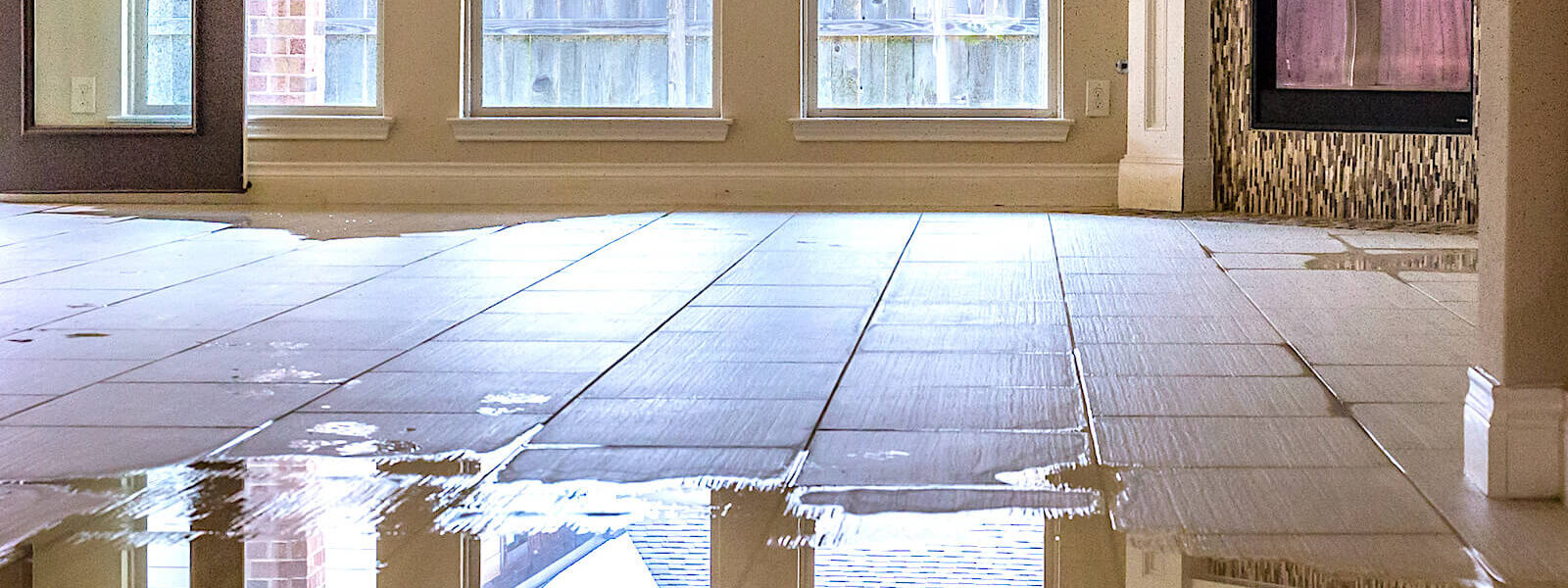Water damage can be devastating, especially in a community like Fayetteville, where heavy rains and flooding are not uncommon occurrences. Beyond the immediate impact of flooding lies the daunting task of restoration. However, with the right strategies and resources, Fayetteville residents can navigate the challenges of water damage restoration and emerge stronger than before. In this article, we’ll explore some key strategies for effective water damage restoration in Fayetteville.
The Scope Of Water Damage
Before delving into restoration strategies, it’s crucial to understand the scope of water damage. Water damage can vary greatly, from little leaks to massive flooding, and each needs a different restoration strategy. In Fayetteville, factors such as soil composition, topography, and infrastructure can influence the extent of water damage. Creating a successful restoration strategy begins with a comprehensive assessment of the impacted region.
Swift Action: Mitigating Further Damage
Time is of the essence when it comes to water damage restoration. Swift action is essential to mitigate further damage and prevent mold growth, structural deterioration, and other long-term consequences. Residents in Fayetteville should turn off the main water supply and the electricity as soon as they notice water damage in order to reduce further threats. Initiating drying procedures and eliminating standing water can also assist lessen the effects of water damage.
Safety First: Protecting Health And Well-Being
Ensuring the safety of occupants and restoration workers is paramount during water damage restoration. Floodwaters may contain contaminants and pathogens that pose health risks. Fayetteville residents should prioritize personal protective equipment (PPE) such as gloves, masks, and boots when handling water-damaged materials. Furthermore, proper ventilation and sanitation measures are crucial to safeguarding health and well-being throughout the restoration process.
Assessing Structural Damage
Assessing structural damage is a critical aspect of water damage restoration in Fayetteville. Floodwaters have the potential to undermine a building’s structural integrity, creating safety risks and structural instability. Professional inspection by qualified engineers and contractors can help identify structural damage and determine the necessary repairs. Reinforcing weakened foundations, repairing structural components, and addressing drainage issues are essential steps in restoring the structural integrity of properties in Fayetteville.
Mold Remediation: Combatting Secondary Damage
Mold development is one of the biggest concerns connected to water damage. In damp conditions, mold can spread quickly, endangering human health and further weakening the structural integrity of buildings. Effective mold remediation is essential to prevent secondary damage and ensure a safe living environment. Fayetteville residents should enlist the services of certified mold remediation professionals who employ industry-standard techniques and equipment to eradicate mold infestations.
Drying Techniques And Equipment
Proper drying techniques are crucial for successful water damage restoration in Fayetteville. High humidity levels and warm temperatures in Fayetteville can exacerbate moisture retention, prolonging the drying process. Utilizing specialized drying equipment such as dehumidifiers, air movers, and moisture meters can expedite the drying process and prevent residual moisture-related issues. Thoroughly drying affected areas and materials is essential to prevent mold growth and structural deterioration.
Documenting Damage For Insurance Claims
Documenting water damage is vital for insurance claims and reimbursement purposes. Fayetteville residents should meticulously document the extent of damage through photographs, videos, and written descriptions. Keeping records of restoration expenses, invoices, and communication with insurance providers can streamline the claims process and ensure timely reimbursement. Maximizing coverage and navigating the complexity of insurance claims can be accomplished by working with seasoned public adjusters or insurance specialists.
Community Resources And Support
Community resources and assistance are essential to the rehabilitation of water damage during emergencies. Fayetteville residents can turn to local government agencies, nonprofit organizations, and community-based initiatives for assistance with cleanup, restoration, and rebuilding efforts. Collaborating with neighbors, volunteering for community cleanup events, and accessing available resources can foster resilience and solidarity within the Fayetteville community.
Conclusion
Water damage restoration in Fayetteville presents unique challenges and opportunities for residents to rebuild stronger and more resilient communities. By implementing strategies such as swift action, safety precautions, structural assessments, mold remediation, drying techniques, documentation, and community collaboration, Fayetteville residents can overcome the aftermath of flooding and emerge stronger than before. Beyond the flood lies the opportunity for growth, renewal, and community solidarity in Fayetteville.
Stay in touch to get more updates & news on Kitchen Outlook!


